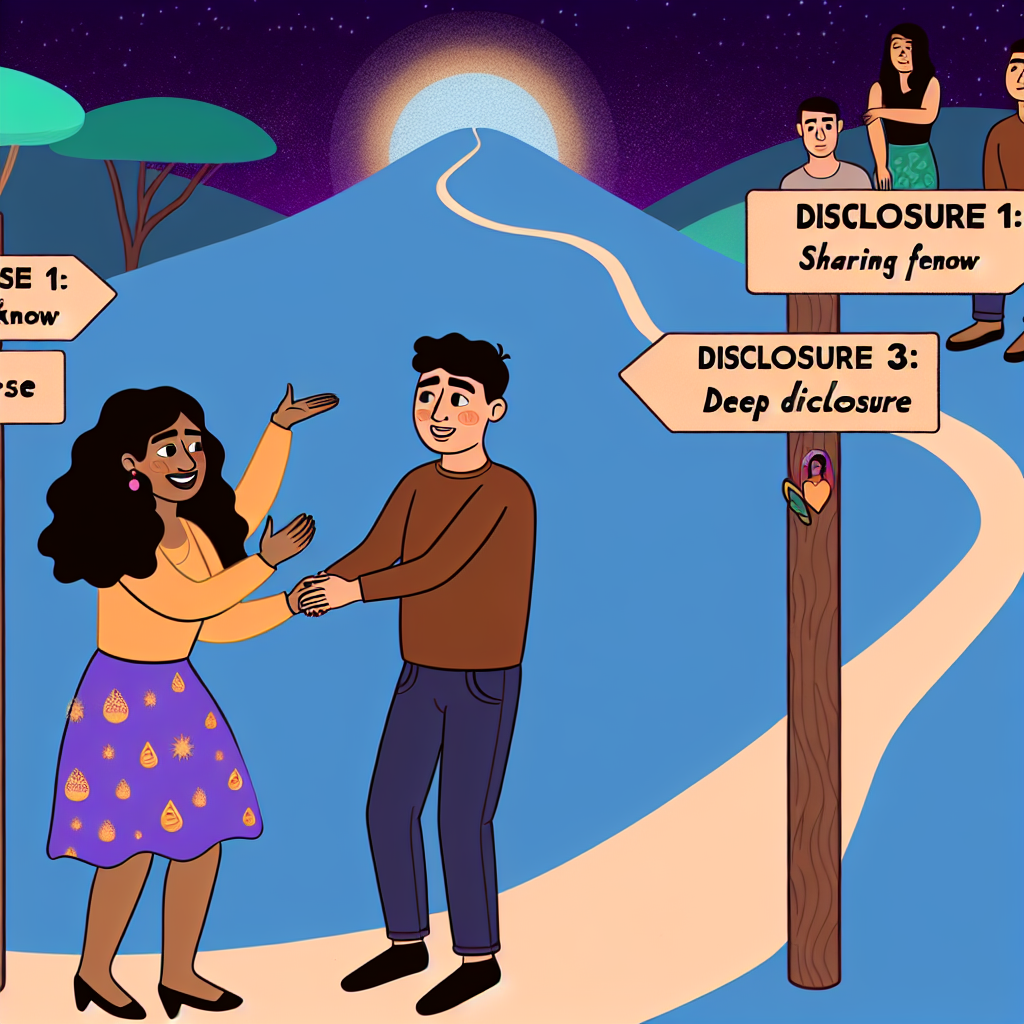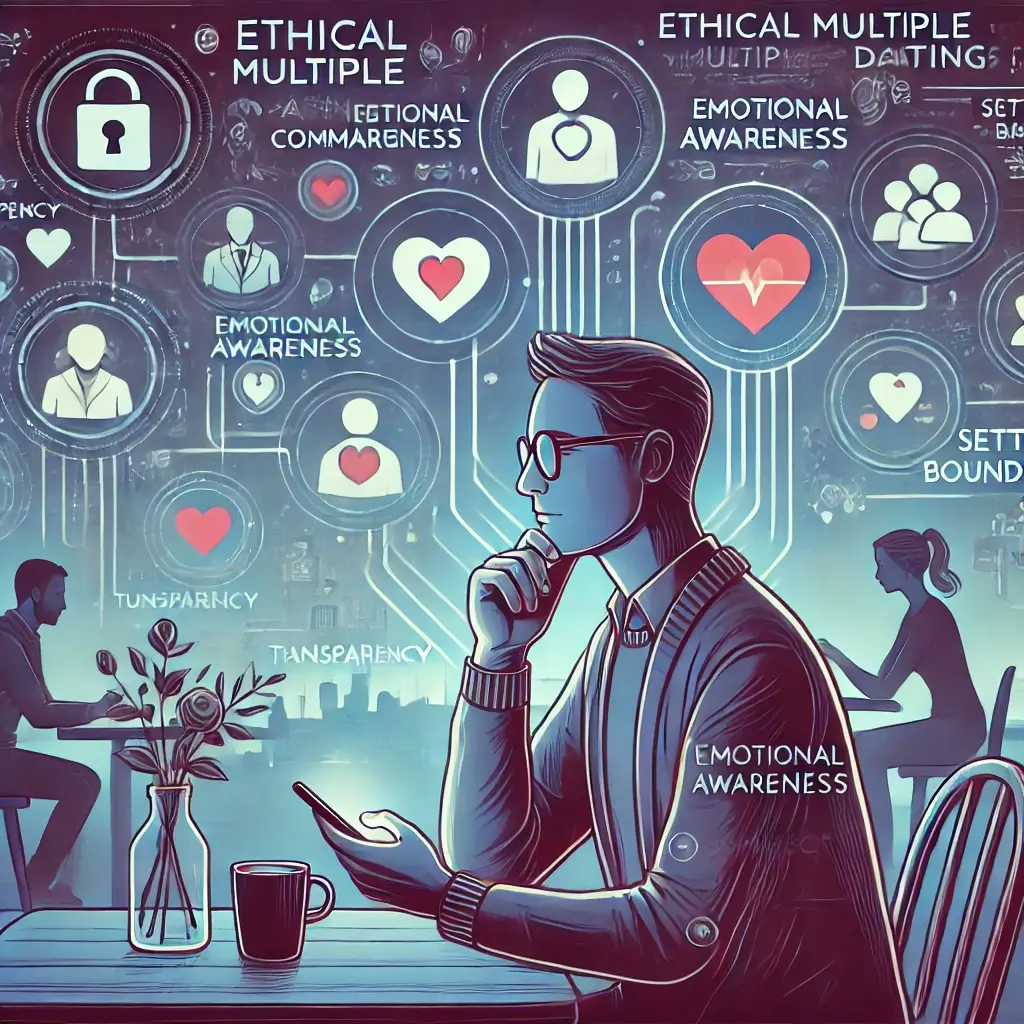The Psychology Behind Ghosting: Why People Disappear and How to Cope
In the fast-paced world of modern dating, where swipes and likes often replace genuine eye contact and conversation, ghosting has sadly become a common and painful phenomenon. Whether you’re 18 or 80, being left in the dark without explanation by someone you’ve developed a connection with can be deeply confusing and hurtful.
Why Do People Ghost? The Psychology Behind the Silence
Ghosting may feel like a personal attack, but much of the behavior stems from deeper emotional and cognitive tendencies. Many people ghost to avoid emotional confrontation, as it helps them evade feelings of guilt, shame, or anxiety that might come from rejecting someone face-to-face. Cognitive dissonance and ambiguous loss are also contributing factors, as people struggle to reconcile their conflicting feelings or grieve a loss without clarity or closure.
Attachment styles play a significant role as well, with avoidant attachment styles more likely to result in ghosting. Additionally, the influence of technology makes emotional accountability less of a priority, as dating becomes a checklist and “human empathy decreases.”
How to Heal After Being Ghosted: Proven Strategies That Work
The emotional aftermath of ghosting is real, but with the right coping strategies, you can heal, regain your confidence, and move forward. This includes:
1. Don’t Internalize It – Remember that ghosting is often a reflection of the ghoster’s emotional limitations, not a verdict on your worth or desirability.
2. Allow Yourself to Feel – Give yourself permission to grieve the loss and process the emotions, rather than suppressing them.
3. Seek Closure Within – Since external closure may never come, focus on finding peace through journaling, letter-writing, or seeking support from friends or a therapist.
4. Set Boundaries for the Future – Reflect on any patterns and start setting clearer communication expectations with potential partners.
5. Focus on Self-Care – Engage in activities that uplift and restore you, and surround yourself with affirming relationships.
Conclusion: Turning Pain into Power
While ghosting can deal a tough emotional blow, understanding the psychological reasons behind the behavior can help reframe the pain. With awareness, healthy boundaries, and emotional self-care, you can rebuild stronger, wiser, and ready for deeper, more respectful connections.
Summary:
Ghosting has become a common phenomenon in modern dating, leaving those who experience it feeling confused, hurt, and questioning their self-worth. However, understanding the psychology behind ghosting, which often stems from emotional avoidance, cognitive dissonance, and attachment styles, can help individuals cope with the aftermath more effectively. By focusing on self-care, setting boundaries, and seeking closure within, those who have been ghosted can turn the pain into power and move forward towards healthier relationships.
References:
– [Freedman, G., Powell, D. N., Le, B., & Williams, K. D. (2019). Ghosted: Ironic Effects of Disappearing in the Age of Hyperconnectivity. *Journal of Social and Personal Relationships*. https://doi.org/10.1177/0265407518822780](https://doi.org/10.1177/0265407518822780)
– [Vilhauer, J. (2015, July 6). Why Ghosting Hurts So Much. *Psychology Today*. https://www.psychologytoday.com/us/blog/living-forward/201507/why-ghosting-hurts-so-much](https://www.psychologytoday.com/us/blog/living-forward/201507/why-ghosting-hurts-so-much)
– [Durvasula, R. (2018). *Should I Stay or Should I Go?: Surviving a Relationship with a Narcissist.* Post Hill Press.](https://www.amazon.com/Should-Stay-or-Should-Go/dp/1642931556)
– [Kross, E., Berman, M. G., Mischel, W., Smith, E. E., & Wager, T. D. (2011). Social rejection shares somatosensory representations with physical pain. *Proceedings of the National Academy of Sciences*, 108(15), 6270–6275. https://doi.org/10.1073/pnas.1102693108](https://doi.org/10.1073/pnas.1102693108)

Dominic E. is a passionate filmmaker navigating the exciting intersection of art and science. By day, he delves into the complexities of the human body as a full-time medical writer, meticulously translating intricate medical concepts into accessible and engaging narratives. By night, he explores the boundless realm of cinematic storytelling, crafting narratives that evoke emotion and challenge perspectives. Film Student and Full-time Medical Writer for ContentVendor.com




